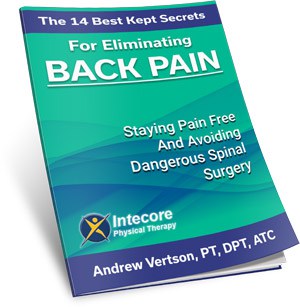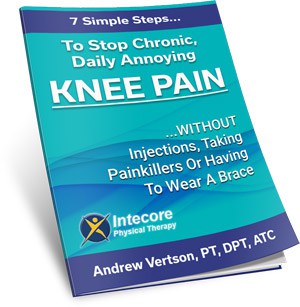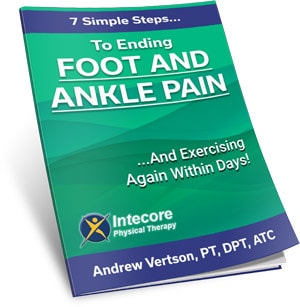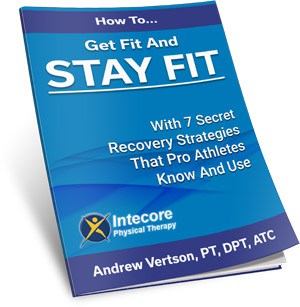Lower back pain can negatively impact your quality of life. Not only does it make it harder to find comfort and accomplish tasks during the day, but it can also keep you from getting the much-needed rest you need at night, which, in turn, leaves you with less to give throughout the day. It’s a vicious cycle. Fortunately, there are ways to improve your sleep when you have back pain, and they may actually help relieve some of your back pain in everyday life.

Consider a New Mattress
One thing that can cause or exacerbate back pain is sleeping on a bad mattress (or one that doesn’t fit your needs). A supportive mattress is critical when you have back pain, so make sure you evaluate the style and condition of your current mattress. If it’s too soft or too firm for your body type, it can make your pain worse. Memory foam mattresses can be great for those with back pain because they conform around an individual’s body shape, and the support they provide can help with spinal alignment. Be sure to do your research, compare options, and consider warranties before making a purchase.
Change the Lighting
The lighting in your bedroom can have an effect on everyone’s sleep, but it’s especially important if back pain is keeping you from falling asleep. If you haven’t done so, consider installing a dimmer switch for your overhead light or getting a dimmable bedside lamp. Also, blackout shades can help keep outside light from shining in. Moreover, the blue light emitted from electronic devices (phone, tablet, computer, TV) keeps your brain from releasing melatonin, making it harder to fall asleep. So, instead of watching Netflix or checking social media, make reading a book and/or listening to peaceful music your bedtime routine.
Build Core Strength
Regular exercise can help your body form healthy sleep patterns, but doing movements specific to strengthening your core can relieve back pain through the night. Your core consists of areas like your abs, obliques, hips, and pelvis. When these muscles are weak, your body puts more pressure on passive structures, such as ligaments and spinal discs, to remain stable. But when you build strength and flexibility in your core muscles, you are putting less strain on your lower back — both in your sleep and your everyday life. Check out this articlefrom Self.com for some practical (and beneficial) core-strengthening exercises.
Find the Best Sleep Position
Figuring out a sleep position that helps your back pain is important as well, so try out some different positions until you find one that brings you relief. For instance, if you sleep on your back, put a pillow under your legs to decrease the pressure on your lower back and spine. If you’re a side sleeper, put a pillow between your knees.
It’s important to note that sleeping on the same side throughout the night can put unproportioned stress on your muscles and affect the curvature of your spine. It’s best to alternate sides, though you should be careful when changing sides so as not to exacerbate your back pain. Also, sleeping on your stomach is not recommended for people with back pain.
Suffering from back pain can greatly affect your sleep, as well as other areas of your life. If necessary, invest in a new mattress that meets your needs, and find the sleep position that is most comfortable for you. Create a sleep-inducing atmosphere in your bedroom by keeping the lights low and refraining from using electronic devices before bed. Finally, add core-strengthening exercises to your routine to relieve pressure off of your back. Taking these steps can significantly improve your sleep and have a positive impact on your quality of life.
Is your back causing you to lose sleep? Click Here to schedule your FREE Discovery Visit to see how we can help!
- How To Sleep with Sciatica and Back Pain - February 12, 2026
- Postpartum Joint Pain? 7 Fast Relief Tips for Busy New Moms. - February 3, 2026
- Sciatica or Piriformis Syndrome? 3 Ways to Tell the Difference (Self-Test Guide) - December 22, 2025












